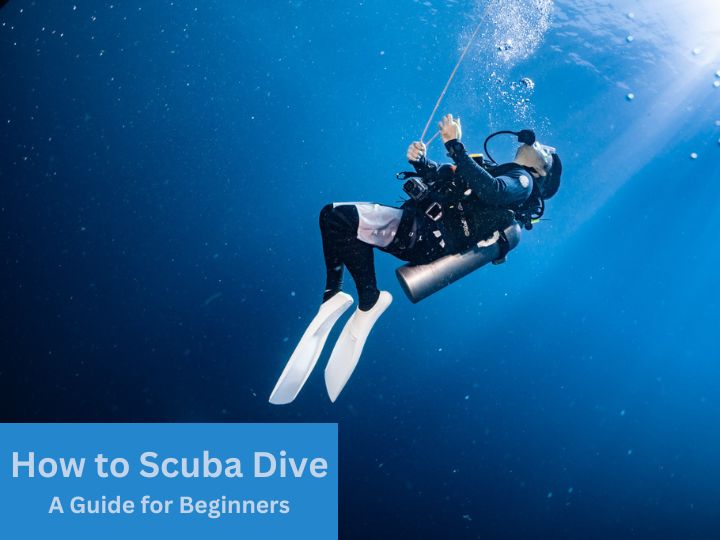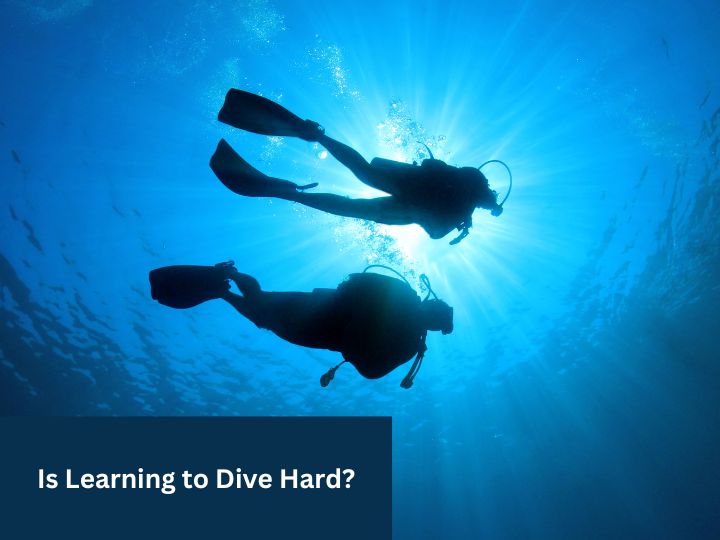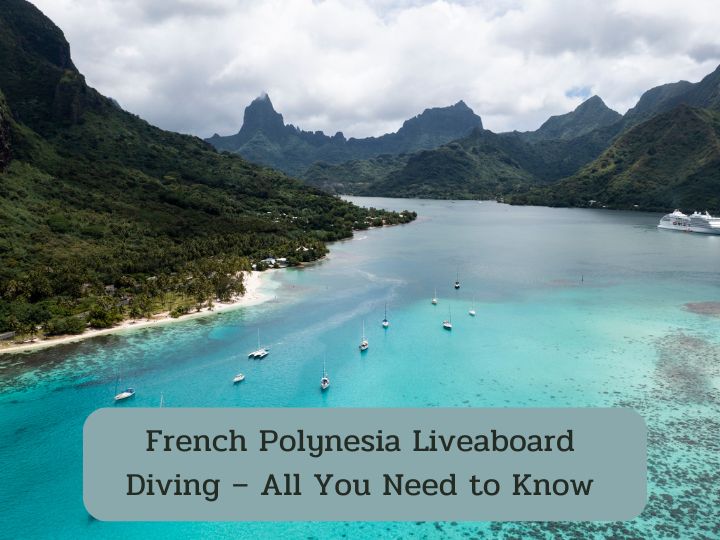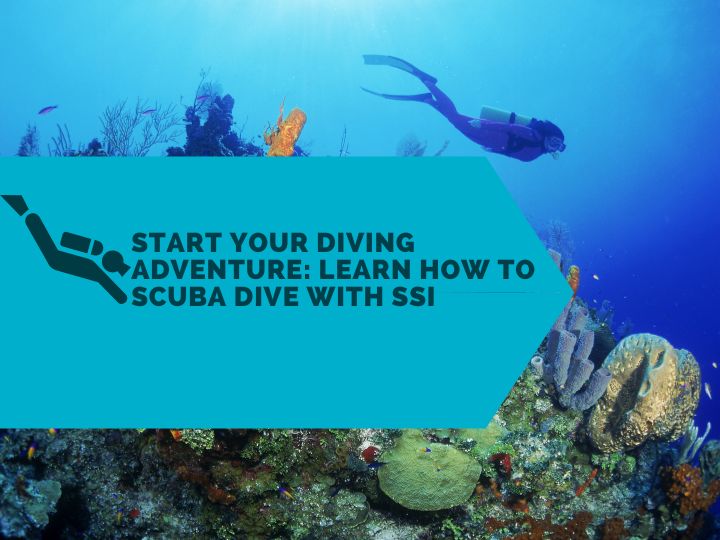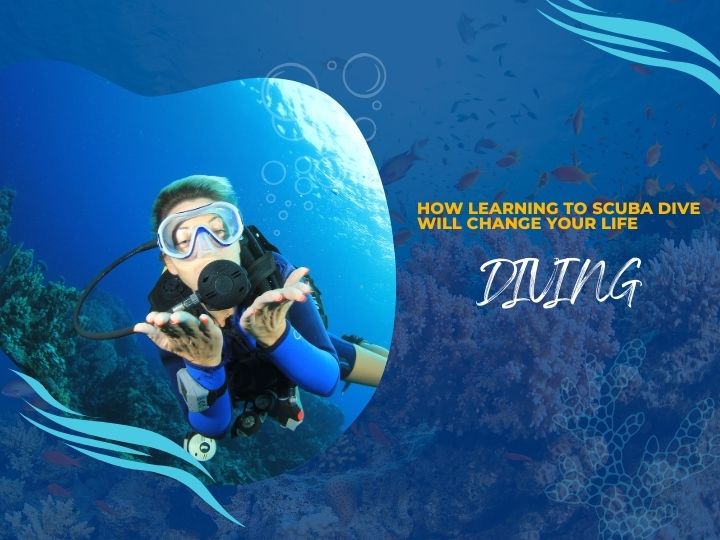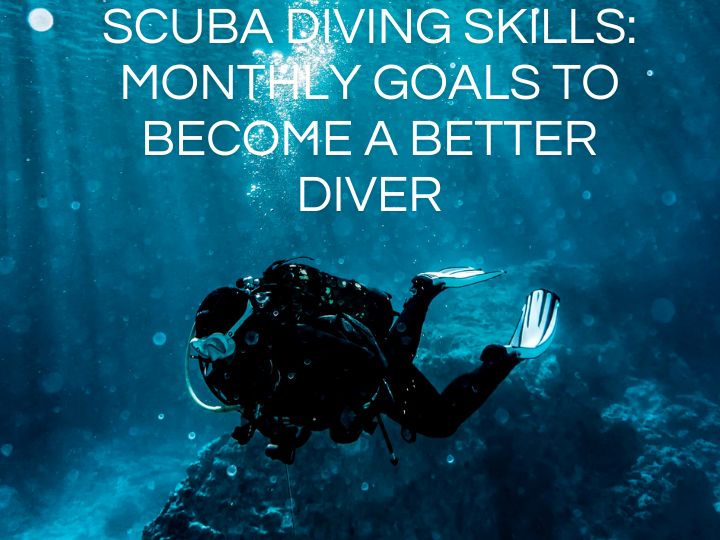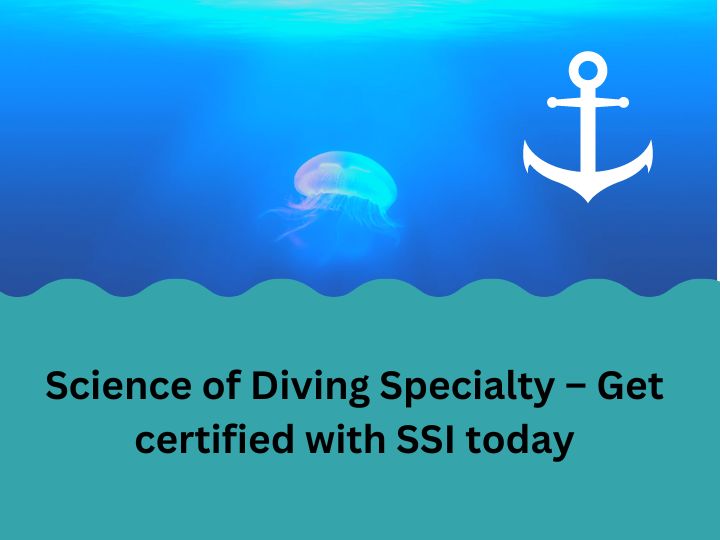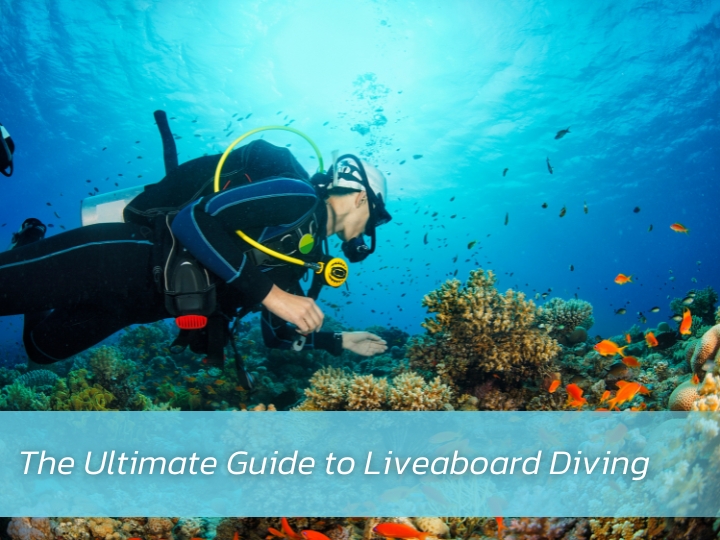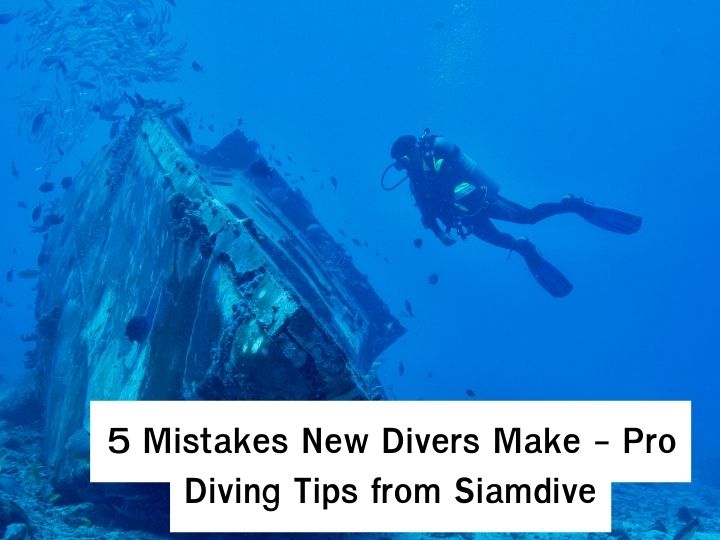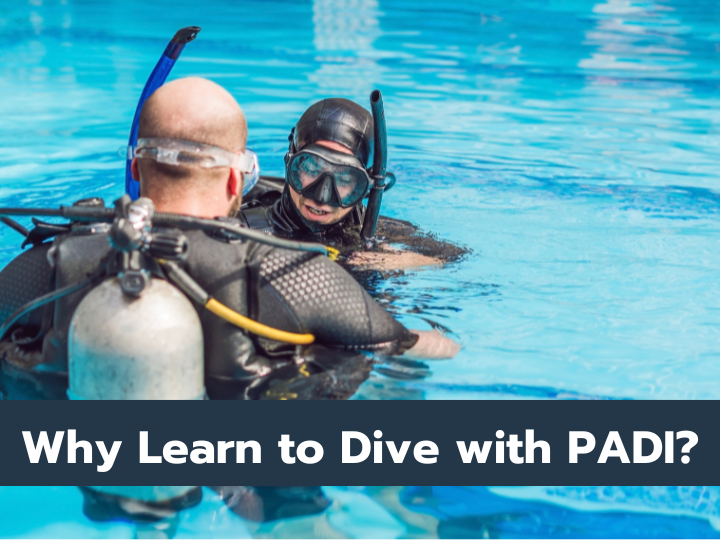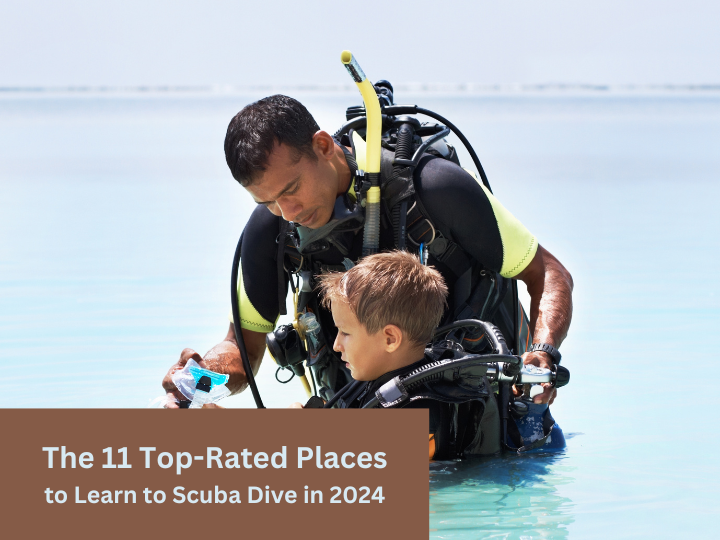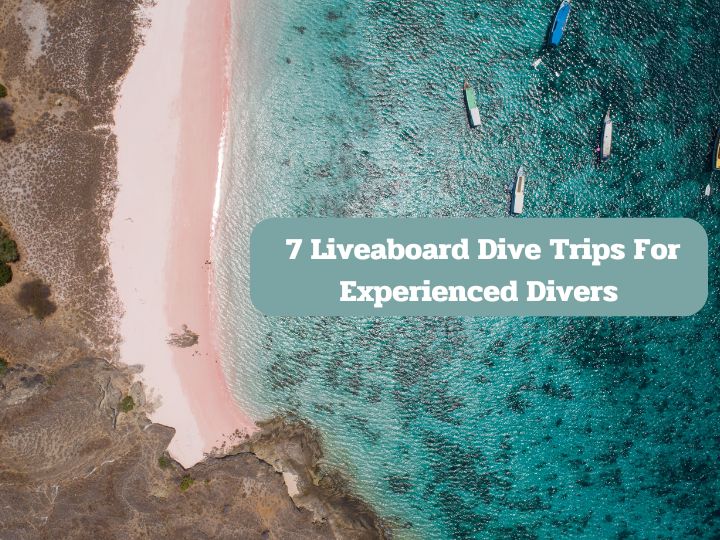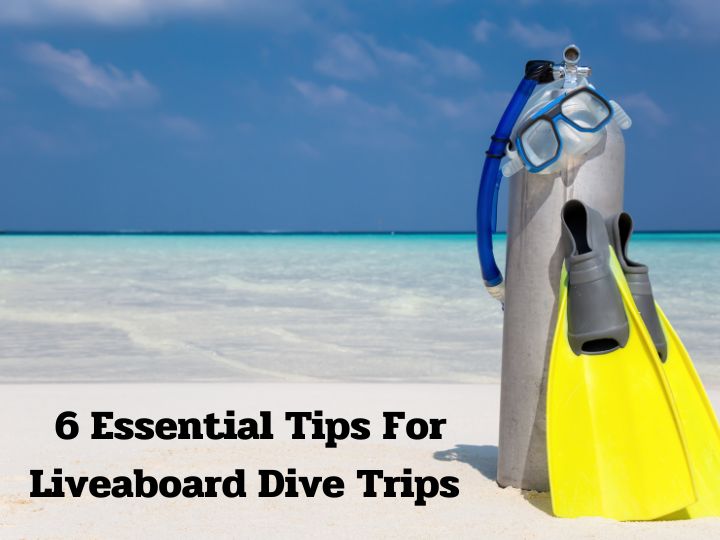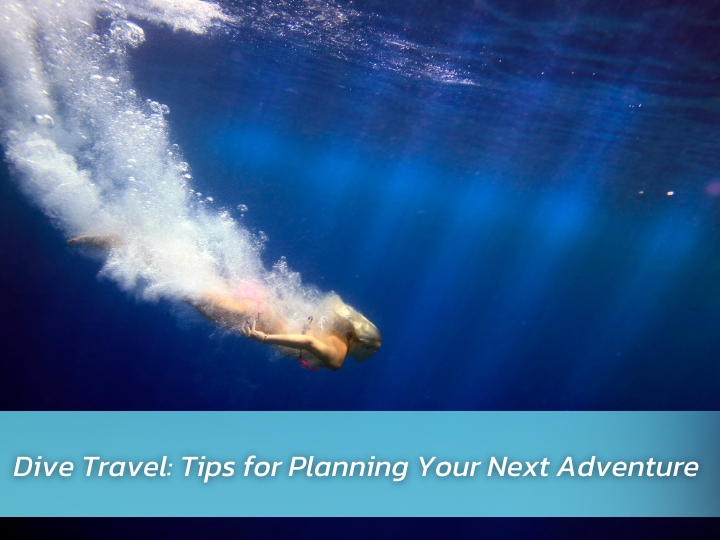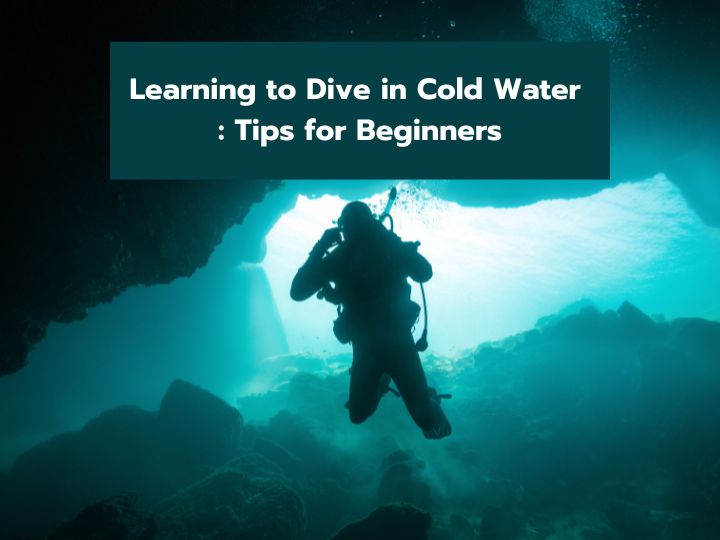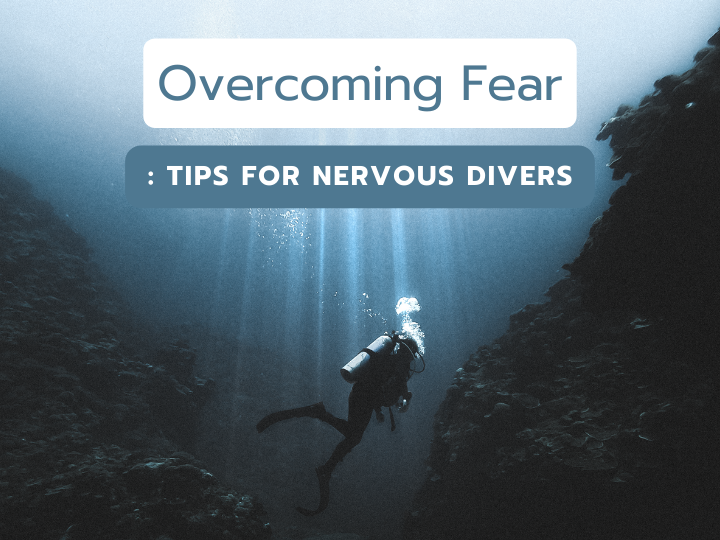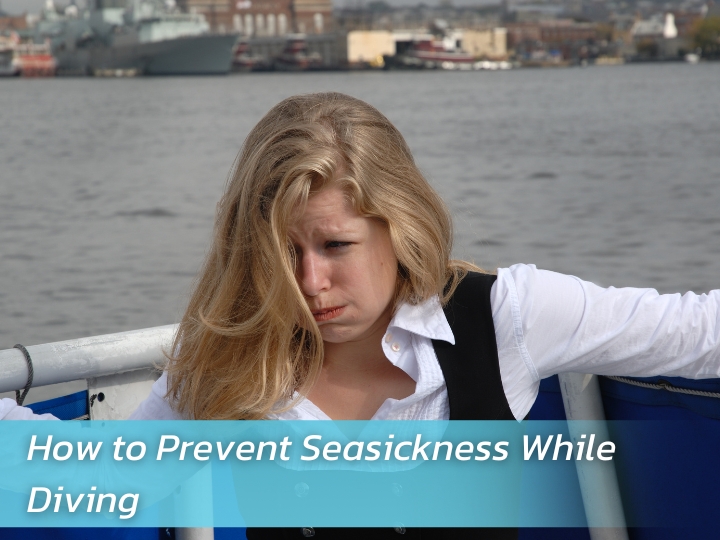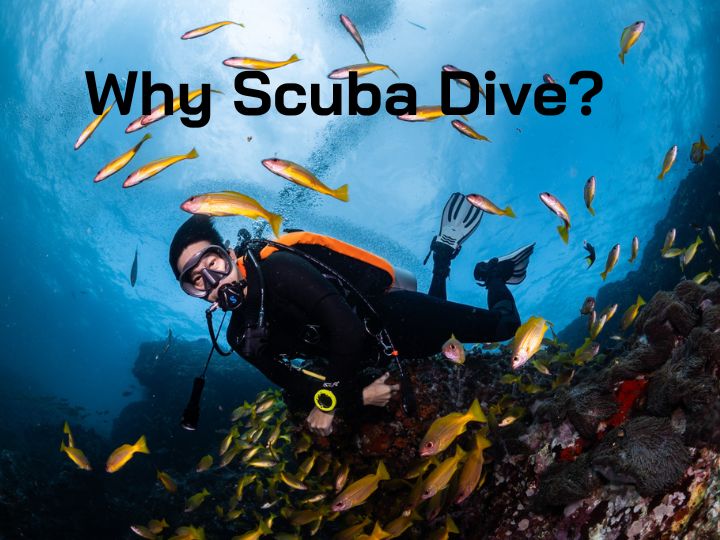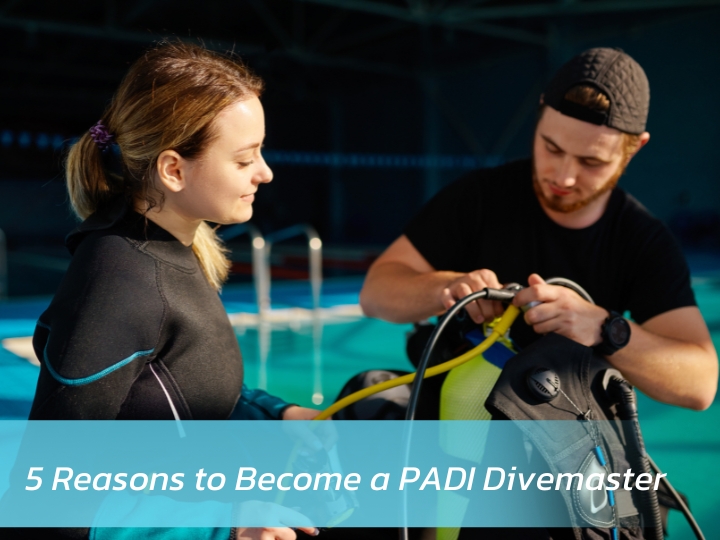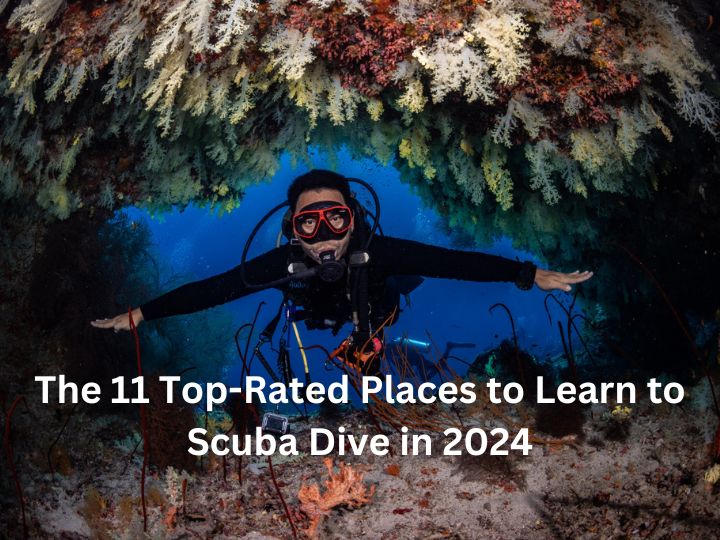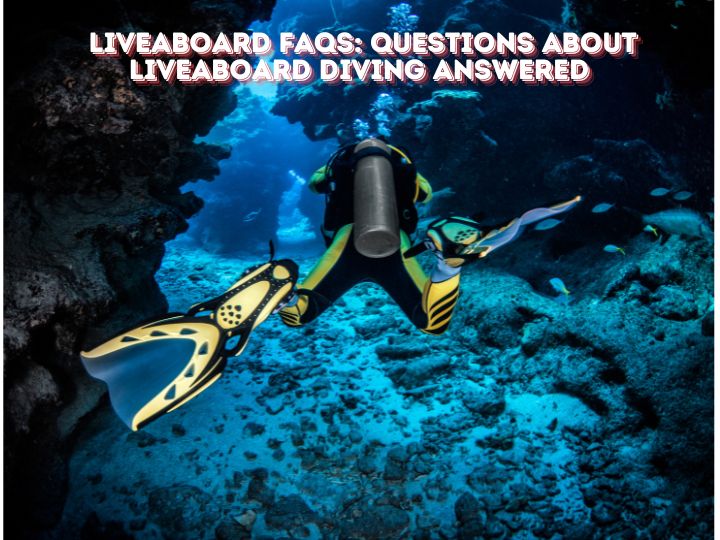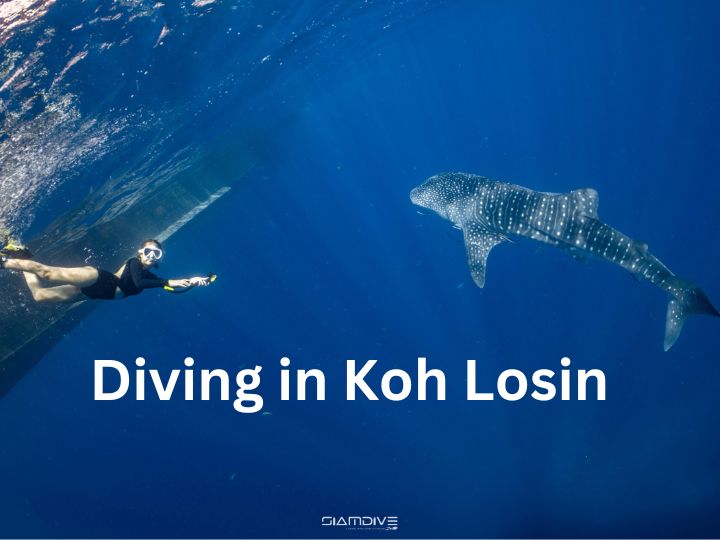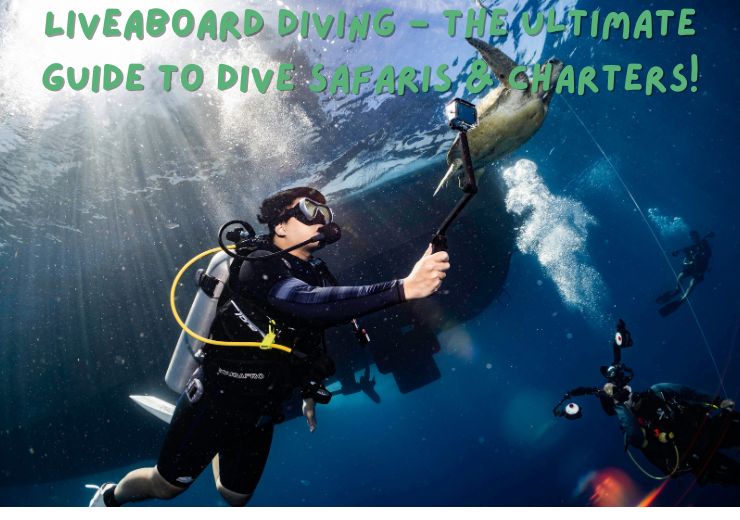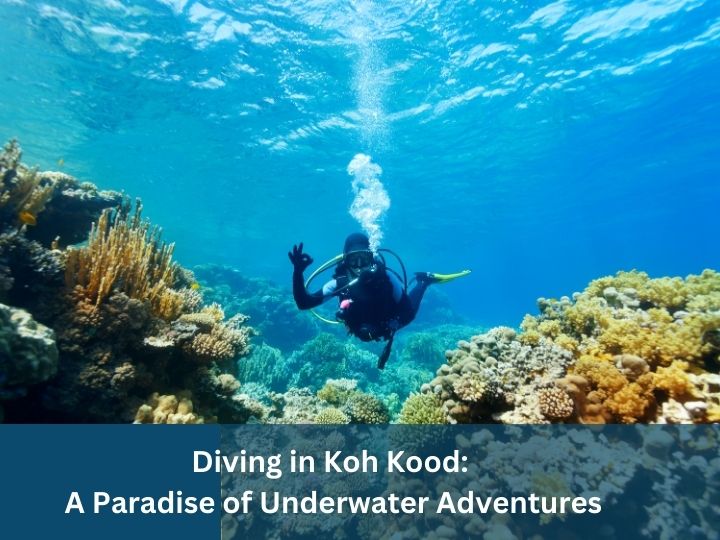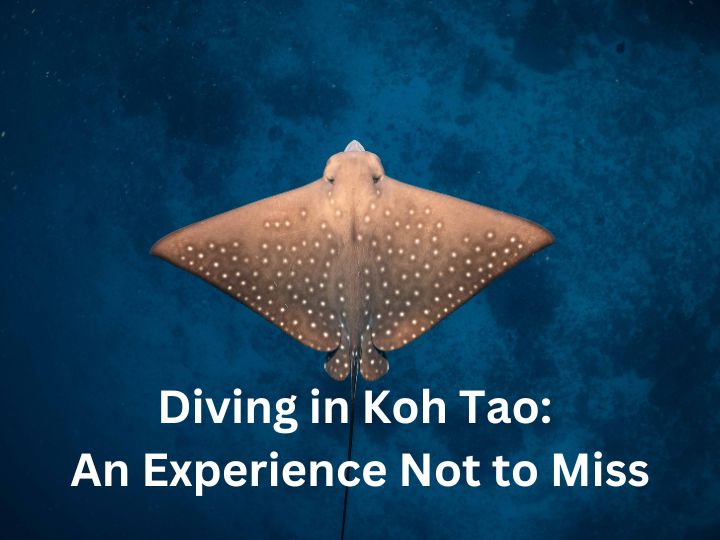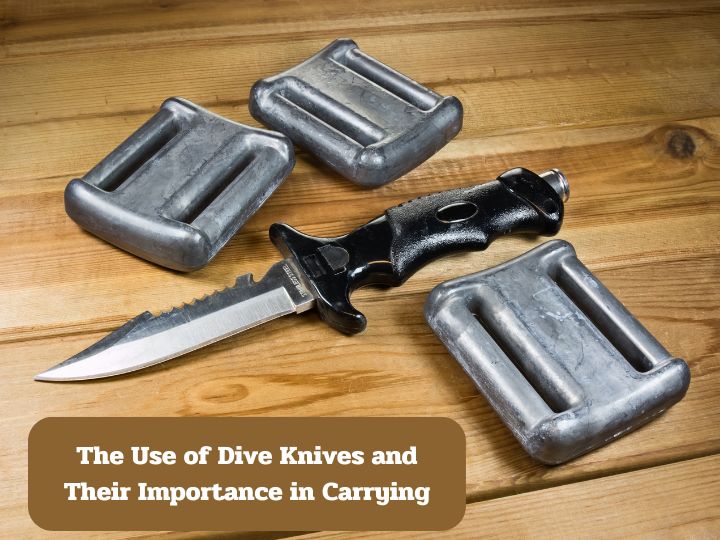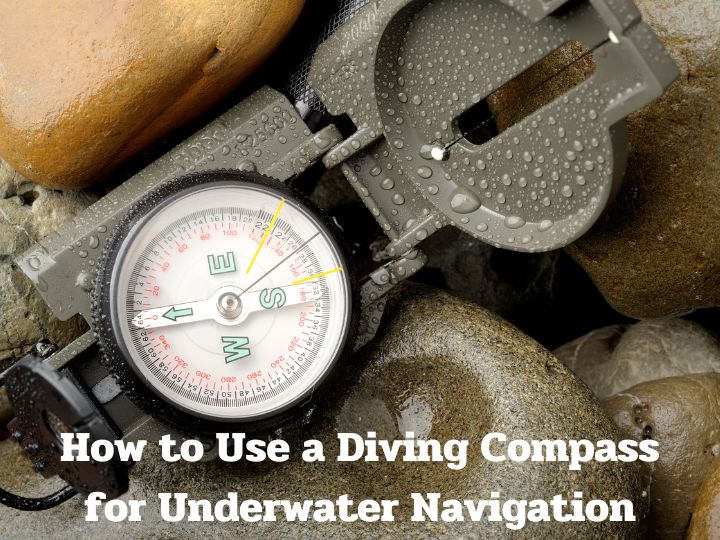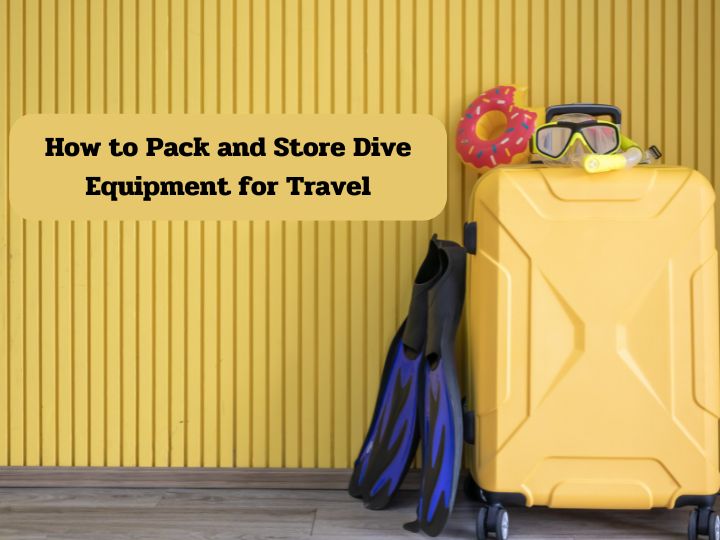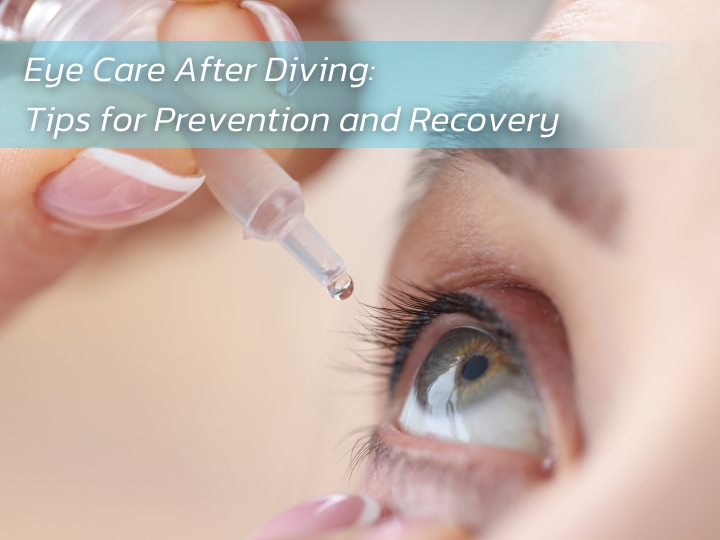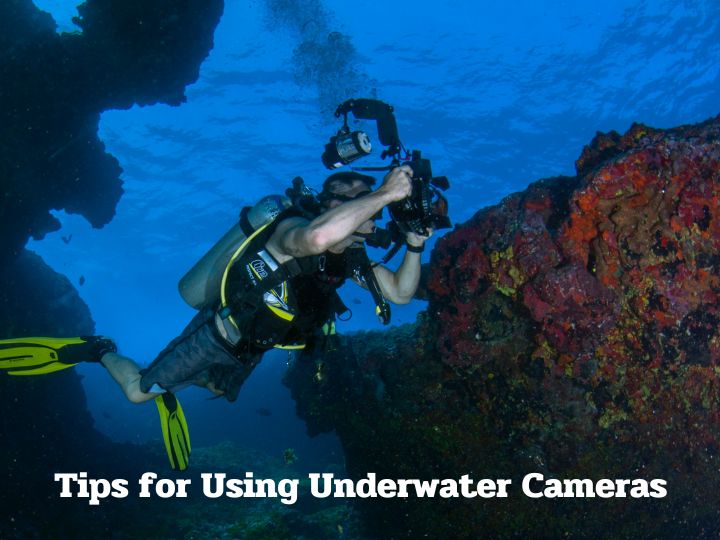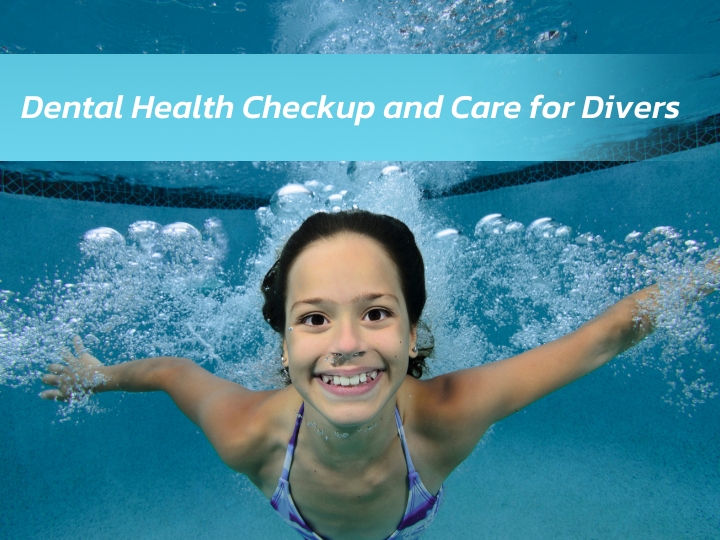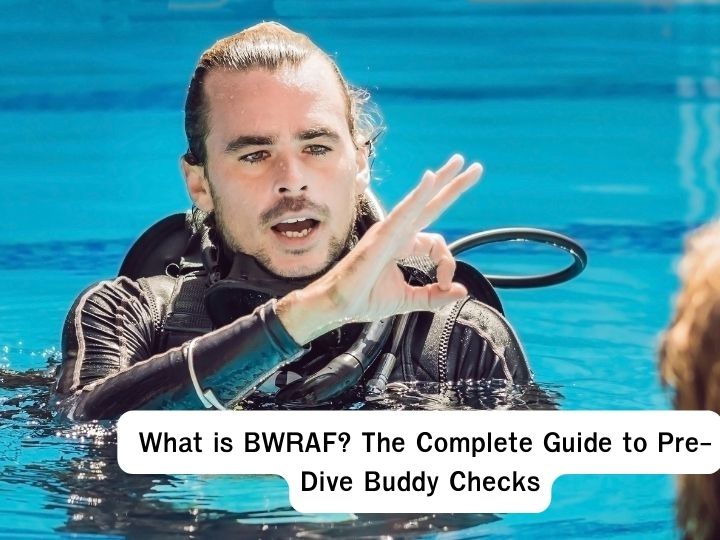
Learn to Scuba Dive with Confidence: Answers to 13 Scuba Diving FAQs
Scuba diving is an exciting activity that allows you to explore the magnificent underwater world. For beginners, however, there may be questions and concerns that need to be addressed. This article answers common questions about scuba diving, helping you start your underwater adventure with confidence and safety.

1. Is scuba diving safe?
Scuba diving is safe if you follow the rules and guidelines taught during your training. Diving programs are designed to teach you how to dive safely, such as avoiding running out of air, checking your air supply regularly, and ascending slowly to avoid decompression sickness.
2. Is learning to scuba dive difficult?
Learning to scuba dive is not as difficult as you might think. Courses are designed to be easy to understand and remember. Once you get used to the equipment and learn buoyancy control, diving becomes second nature.
3. What is dive certification?
Dive certification is a card you receive after completing your training. The basic certification is Open Water Diver, which allows you to dive up to 18 meters. This certification is recognized worldwide and is your entry ticket to underwater adventures.

4. Does dive certification expire?
Dive certification does not expire. However, if you haven’t dived for a while, it is advisable to take a refresher course to ensure your skills are up to date.
5. How deep can you dive?
The maximum depth for recreational diving is 40 meters (130 feet). For those interested in going deeper, technical diving courses are available.
6. What equipment do you need for diving?
Essential diving equipment includes a mask, regulator, air tank, buoyancy control device (BCD), fins, and a wetsuit. Choosing the right equipment and maintaining it properly enhances safety.

7. How should you prepare for a dive?
Preparation includes checking your equipment, having a health check, and understanding your dive plan. Practicing skills in shallow water before deep diving helps build confidence.
8. What precautions should you take while diving?
Precautions include not diving alone, avoiding diving if you feel unwell, using hands and feet carefully to avoid injury, and regularly checking your air supply during the dive.
9. What are the benefits of scuba diving?
Scuba diving offers many benefits, such as improving physical strength, reducing stress, exploring beautiful underwater environments, and meeting new friends with similar interests.

10. How does diving affect health?
Diving can enhance physical fitness, especially in the legs and core muscles. It also improves respiratory and circulatory systems. However, ensure you are medically fit to dive and avoid diving with health issues that could pose a risk.
11. What is the training process for diving?
Training starts with learning the theory of diving, safety rules, and equipment usage. This is followed by practice in shallow water to get familiar with the gear and movements, and finally, controlled open water dives to prepare for real diving conditions.

12. Why is dive planning important?
Dive planning is crucial to ensure safety and success. It includes equipment checks, ascent plans, and communication with dive buddies. Good planning prevents accidents and ensures a smooth dive.
13. What are the benefits of diving with a buddy?
Diving with a buddy increases safety, provides assistance with equipment checks, and offers support in emergencies. It also allows sharing experiences and knowledge, making the dive more enjoyable.

